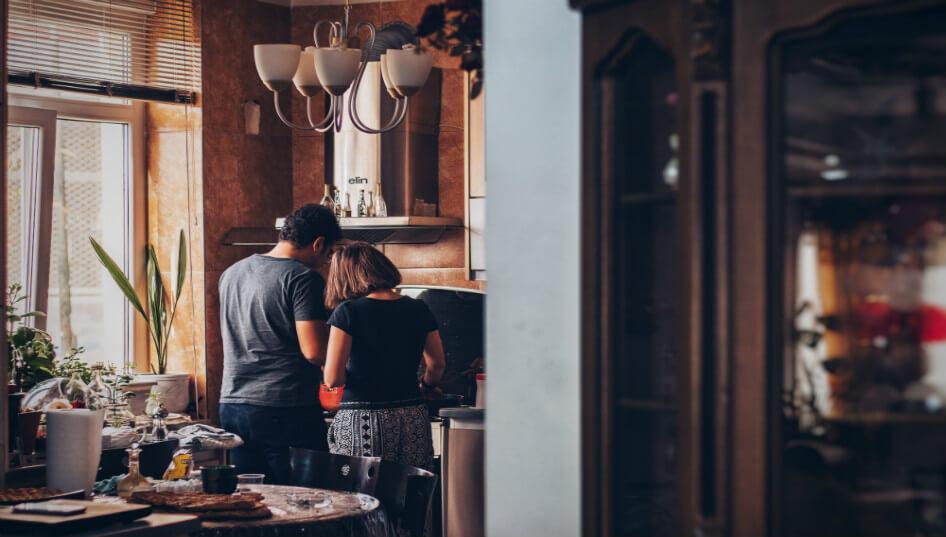Your Cart is Empty
Menu
-
- Candles
- Candle Holders
- Vases & Glassware
- Décor
- Floral
- Weddings
- Crafts
- Quick Ideas
- Sale
-
- Help
- FREE SHIPPING ON ORDERS OVER $79
- 1-800-928-6175
- Login


7 Smart Steps Every New Homeowner Should Take
August 26, 2020 3 min read
Moving into your first home with your spouse is an exciting milestone worth celebrating. You're experiencing more independence than ever before, but homeownership also comes with many new responsibilities. When you're not deciding on your first lawnmower or taping the trash pickup schedule to your fridge, you should sit down with your partner and think about what comes next.
Check out these seven smart steps every new homeowner should take to avoid common mistakes. With a little time and effort, you'll save more money and get more from the years you spend in your home:
1. Commit to a New Budget
Your down payment, moving expenses and closing costs were expensive, so your savings are likely lower than you want them to be. Even though you've daydreamed about personalizing your first home, it's better to wait on renovations and home improvement projects until you've saved more money. Create a new budget with readjusted financial goals to recover quickly from your homeowner spending spree and have the funds for the projects you'd like to tackle.
2. Find an Accountant

Now that you own a home, your tax return will look a little different. Find a recommended accountant to walk you through claims and deductions related to homeownership. They'll help you maximize your return and reduce how much you owe so you utilize all of your options.
3. Save All Receipts
If you do have leftover money for improvements, save those receipts. They could increase your tax-free earnings for the year, depending on which deductions you qualify for. You can add saving your receipts to your budgeting process as a way to help you remember to do it.
4. Look Into Insurance
Most mortgage lenders require homeowner's insurance before you can get the money to pay for your new home, but there are other types of insurance you might need. Extra coverage could save you after property damage or health complications, so look into insurance coverage opportunities to protect yourself and your spouse.
5. Schedule Seasonal Maintenance
Seasonal HVAC maintenance prevents costly emergency repairs due to weather and aging. Regular inspections and maintenance tasks reduce annual repairs by 80%, which could save thousands of dollars in fees or an HVAC replacement.
6. Create an Emergency Savings Account

You're now responsible for home repairs that your landlord would have traditionally taken care of, like fixing your broken dishwasher or installing a new dryer. An emergency savings account will cushion the blow of these unexpected costs. Most advisors recommend saving three to six months' worth of living costs, but you can also put away 1%-3% of your property value if that's more feasible.
7. Think About ROI
When you decide to improve aspects of your home like installing new cabinets or flooring, consider the return on investment (ROI). You should be able to get back whatever amount of money you put into home improvement projects if you sell your house one day. Research your future renovation ideas to learn which opportunities increase your ROI so you can decide how to spend your money more strategically.
Start With Baby Steps
Homeownership responsibilities are a lot to get used to after a lifetime of renting. Focus on one task at a time, like finding an accountant or scheduling HVAC inspections. You'll learn what to plan for and expect, so you can enjoy living in your new home with the love of your life.
